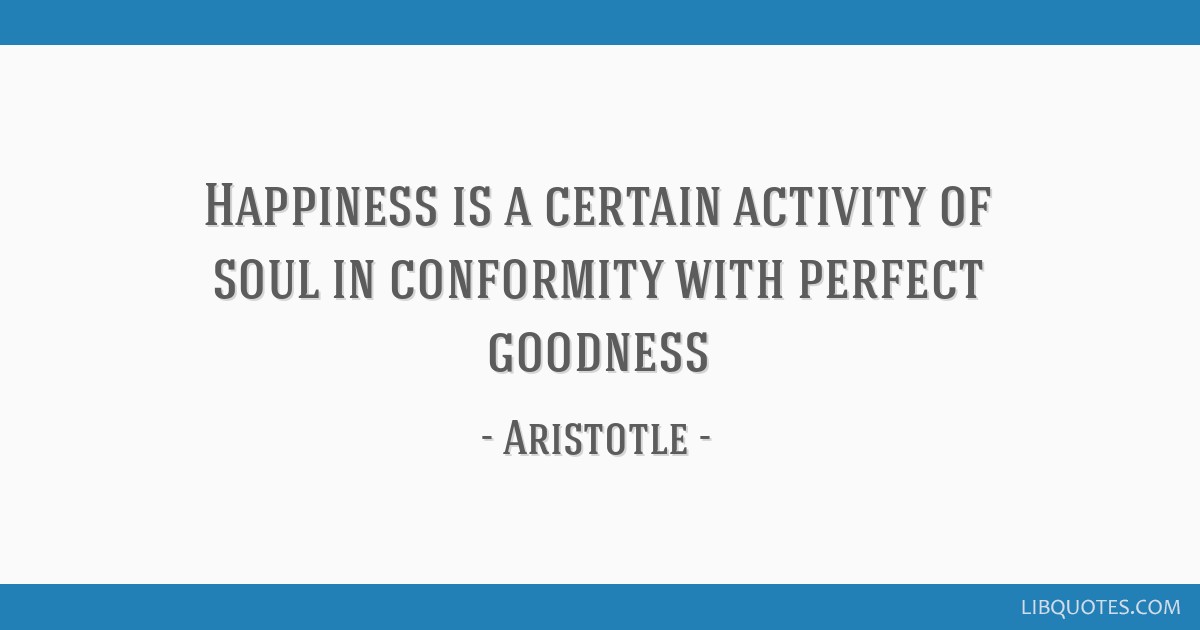The stories of Ray Bradbury make for wonderful bedtime reading. They are not just clever and entertaining but also, although they were written more than 60 years ago, highly topical. In many of them we can find an entire philosophy of life that is well worth discovering and adopting, not the least because it provides a potent antidote to a view of life that is informed by deep resentment against the natural human condition, prompting us to seek salvation in technological progress and self-transformation and to worship individual ‘autonomy,’ and encouraging contempt towards all that is deemed ordinary. According to this increasingly dominant view, we cannot be entirely happy as long as we have to face limits to what we can do, there are things we cannot have, we cannot hold on to the things that we do have, and we eventually have to die. Bradbury’s attitude towards life (and death) is refreshingly (and reassuringly) different.
One of my favourite stories, published in 1957, is called “The Happiness Machine,” and it is about the ordinariness of happiness. Happiness is often thought of as a state of exaltation, or at least some kind of subjective, positive feeling that is desirable in its own right. It is decidedly not normal, out of the ordinary, something to be desperately sought and, when found, jealously guarded. We commonly feel that in order to be happy, we need to be able to enjoy all the good things in life, need to be healthy and fit, young and beautiful, and reasonably well-to-do. If all those conditions are met, then and only then can we rush off, from highlight to highlight, and pursue happiness to all those fancy places where we believe it is to be found (or, more likely, to be bought).

This assumption is shared by the protagonist in Bradbury’s story. His name is Leo Auffmann, and he has set his mind on constructing a ‘happiness machine’. Finally, after having tirelessly worked on it for some months or so, all the while completely neglecting his wife and children and his own health, he has a result, the machine is finished and it is working. However, to his dismay his wife is not the least interested in the machine, which, in her view, has almost ruined her husband’s life, not to speak of their relationship: “Man was not made to tamper with such things. It’s not against God, no, but it sure looks like it’s against Leo Auffmann. Another week of this and we’ll bury him in his machine!” And what’s all this artificial happiness good for anyway, she asks, and flatly refuses even to give it a try. “If you died from overwork, what should I do today, climb in that big box down there and be happy?”
Photo by Arwan Sutanto on Unsplash
Then his son uses it and is utterly miserable as a result. Leo doesn’t understand. And when …
Read the full article which is published on Daily Philosophy (external link)






